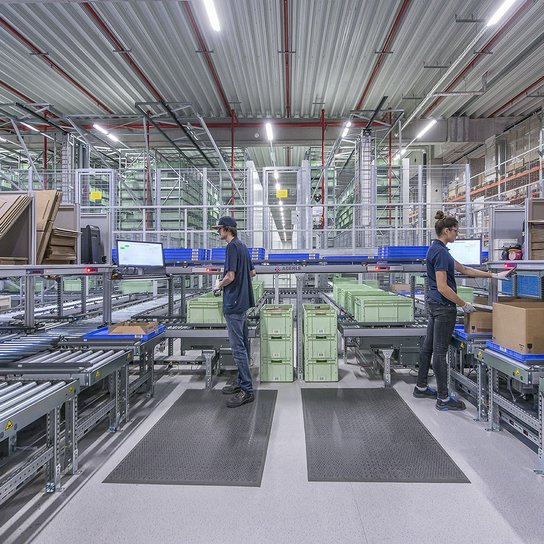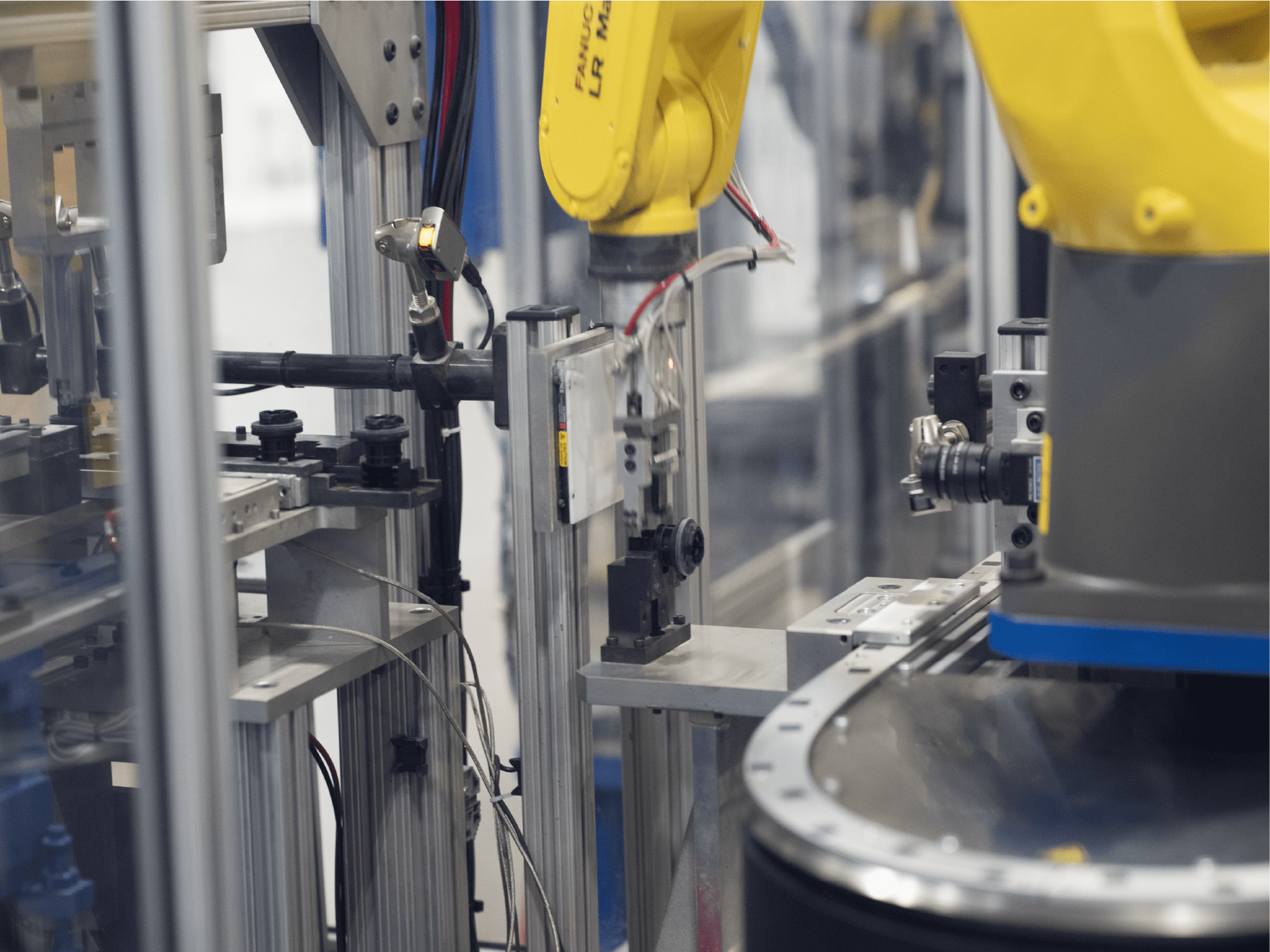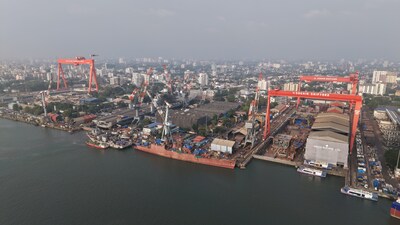
Industry 4.0 refers to a new industrial revolution that has started in recent years. This revolution is characterized by the use of information and communication technologies (ICTs) in production processes and the use of big data to improve decision-making.
With the countries re-opening the borders again after the Covid-19 pandemic, it is important to understand how Industry 4.0 has influenced the border re-opening and the new global economic policies that will be put in place.
The three technical pillars of Industry 4.0 that play a significant role in the border re-opening are 1. Big Data analytics, 2. Cybersecurity and the last one is Cloud Computing. Although advanced robotics had been on-demand to avoid face-to-face contact and to replace human intervention, the three mentioned pillars of Industry 4.0 play a more essential role to influence border re-opening. The use of big data, cybersecurity, and cloud computing will help to improve efficiency and accuracy in the process of border crossings, as well as speed up the overall process.
.jpeg)
The Use of Big Data analytics
When the covid-19 infected cases immediately burst in the first few months of 2020, there is an urgent of big storage for all the data collected on the patients. The urgent need was solved by new technologies such as big data analytics that can help to process and manage large amounts of information quickly and effectively.
Researchers and developers take advantage of these data to understand the virus, pandemic, and approaches to eradicate it, as well as its effects on public health.
Big data, also known as data analytics, is an innovative procedure that permits much information to be digitally stored. Using this technology, data can be computationally analyzed to reveal patterns, trends, associations, and differences of the virus.
Big data can be effectively used to minimize the danger of spreading this illness. With detailed data capturing capacity, big data can also help gain insightful information about the spread and control of this illness.

Applying Cybersecurity
Cybercrime is one of the biggest threats that has arisen during the pandemic. Since most people are in using digital technology for communication and transactions, cybercriminals have found it easy to exploit these vulnerabilities for their own gain. One way to protect yourself from cybercrime is by using cybersecurity measures. These measures help protect your devices, networks, and information from unauthorized access or theft. Cybersecurity also helps to keep your personal information safe and secure.
This has also been beneficial for organizations that are responsible for the patient's information. By implementing cybersecurity measures, organizations can ensure that their data is protected from unauthorized access and that their patient's information is not compromised. It also helps to make the data of the travelers confidential when submitting on different contract-tracing apps and websites.

Implementing Cloud-computing
The process of restoring international travel and tourism requires the implementation of safety measures and surveillance systems to allow visibility and provide insights into the risk of exposure to COVID-19.
Cloud computing is a model of computing in which applications and data are stored on remote servers. This allows users to access the applications and data from any location with an internet connection. The cloud-computing model has several benefits. First, it allows users to access the applications and data without having to install them on their own computers. Second, it saves users time because they do not have to search for and install the application on their computers. Finally, it reduces the amount of storage space that is needed on users' computers.
With technology, cloud computing has made it possible for data to be shared and accessed from different locations. Border security officials have been able to use this technology to process and share information. The cloud computing system has also helped people who were formerly unable to access government services due to border closures.
In conclusion, it is evident that Industry 4.0 has made a significant impact on the border re-opening in the post-pandemic era. The technology has allowed for a more efficient and secure crossing process, which is why it is being widely adopted by governments and businesses alike. However, there are still some challenges that need to be addressed, such as the need for better data sharing and coordination. Therefore, it is important for industry and government to continue working together to further improve the technology and its applications.

.png)





























.webp)






























.png)





.png)






























